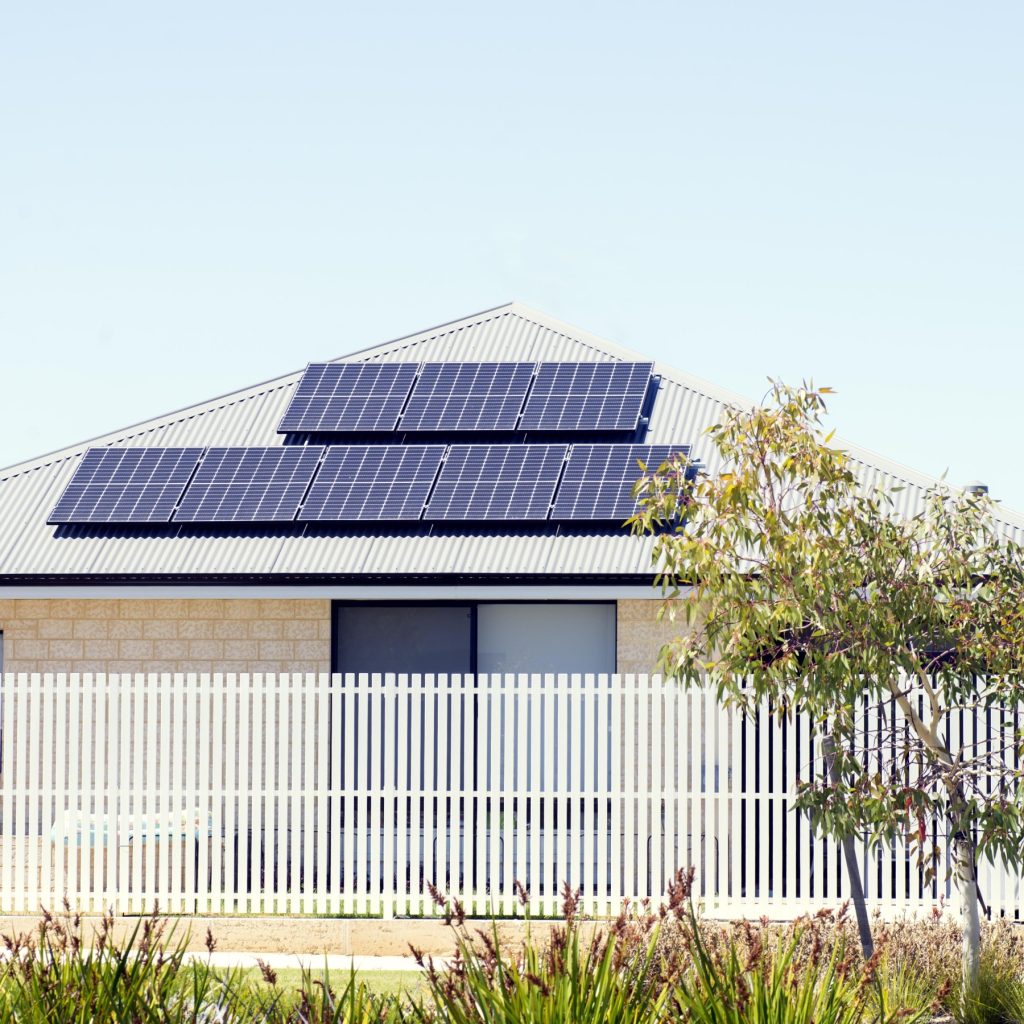
Harnessing Clean Energy Brilliance: A Sustainable Solar Home
In the pursuit of environmentally conscious living, embracing solar energy is a powerful step toward sustainability. This article explores the benefits and considerations of creating a sustainable solar home, emphasizing the brilliance of harnessing clean energy for a greener future.
The Power of Solar Energy
At the heart of a sustainable solar home is the utilization of solar energy. Solar panels, typically installed on the roof, capture sunlight and convert it into electricity. This renewable energy source is abundant, free, and emits no greenhouse gases during operation, making it a clean and sustainable alternative to traditional electricity sources.
Reducing Carbon Footprint
One of the primary advantages of a sustainable solar home is the significant reduction in carbon footprint. By generating electricity from the sun, homeowners can decrease their reliance on fossil fuels, lowering the overall carbon emissions associated with electricity production. This shift contributes to mitigating climate change and promoting a healthier planet.
Lowering Energy Costs
While the initial investment in solar panels may seem substantial, the long-term financial benefits are considerable. A sustainable solar home can lead to lower energy costs over time. With net metering, excess electricity generated by the solar panels can be fed back into the grid, earning homeowners credits and further offsetting energy bills.
Energy Independence and Security
Solar energy provides homeowners with a degree of energy independence. By generating power on-site, homeowners are less vulnerable to energy price fluctuations and supply disruptions. This energy security is particularly valuable during times of grid outages or emergencies, ensuring a reliable source of electricity for essential needs.
Government Incentives and Rebates
Governments around the world often offer incentives and rebates to encourage the adoption of solar energy. These financial benefits can significantly offset the upfront costs of installing solar panels, making the transition to a sustainable solar home more accessible and economically viable for homeowners.
Considerations for Installation
While the benefits of a sustainable solar home are clear, careful considerations are necessary for a successful installation. Factors such as the orientation and tilt of the roof, local climate conditions, and shading from nearby structures should be evaluated to maximize solar energy capture. Consulting with solar professionals ensures an optimal and efficient system.
Battery Storage Solutions
To enhance the efficiency of a sustainable solar home, homeowners can integrate battery storage solutions. Solar batteries store excess energy generated during the day for use during periods of low sunlight or at night. This technology provides energy independence and further reduces reliance on the traditional power grid.
Eco-Friendly Home Design and Construction
Incorporating solar energy into the design and construction of a home is an integral part of creating a sustainable solar home. This includes positioning the home to optimize sunlight exposure, using energy-efficient building materials, and designing spaces that prioritize natural lighting. These considerations contribute to a holistic approach to sustainability.
Educating Homeowners on Maintenance
Ensuring the longevity and efficiency of a sustainable solar home requires proper maintenance. Homeowners should be educated on regular cleaning of solar panels to remove dirt and debris, monitoring energy production, and promptly addressing any issues. Routine maintenance safeguards the investment and maximizes the benefits of solar energy.
To embark on the journey of creating a sustainable solar home, visit Sustainable Solar Home. Their expertise in solar solutions can guide homeowners in harnessing clean energy brilliance for a greener, more sustainable future. A sustainable solar home not only benefits individual homeowners but also contributes to a collective effort in building a more environmentally conscious and resilient world.
